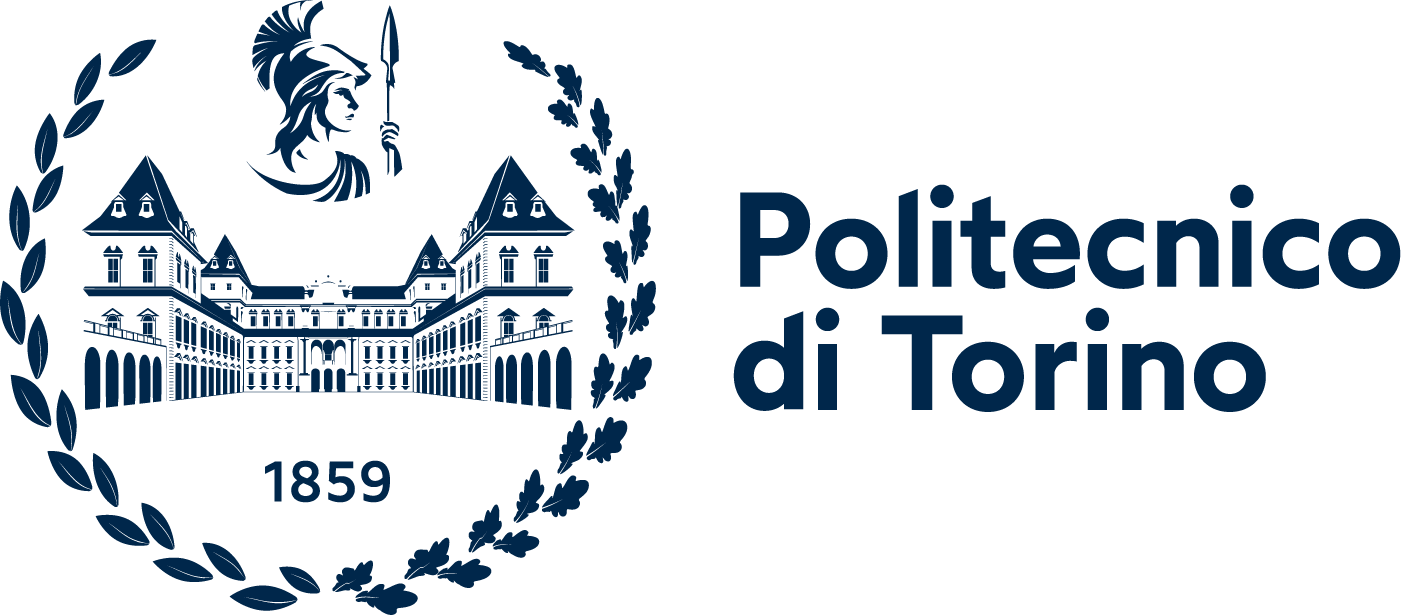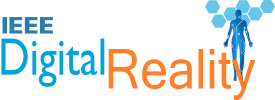IMPORTANT INFORMATION FOR COMPSAC 2022 AUTHORS
COMPSAC 2022 will be completely virtual as it was in 2020 and 2021, and all presentations will be done virtually. We will announce this update also in the submission acceptance letters to authors. Authors of accepted papers will be required to provide a video of their presentation together with the submission of the final version of their papers. COMPSAC will provide detailed guidance regarding preparation and submission of these videos.
The 1st IEEE International Workshop on Integrating Diversity, Equity, and Inclusion in Cybersecurity Research (IDEI-CR 2022)
Goal of the workshop:
The workshop aims to stimulate dynamic, progressive, potentially paradigm-altering innovative practices and methodologies for cybersecurity research that encourages positive and sustainable impact on diversity, equity, and inclusion (DEI) within the society.
Workshop theme:
Security keeps on being the topmost concern in both the physical and digital world. The challenges in ensuring security and privacy in the cyber space are ever evolving, with a multidisciplinary scope. In addition, the cyber adversaries are becoming more sophisticated in creating and launching their attacks. It is obvious that individuals, government, corporate, administrative, and non-profit organizations are all equally vulnerable to cyber-attacks. These attacks uncover individual data, vital government resources, corporate insider facts, and individual wellbeing to greater risks. It is of prime importance that cybersecurity community develops resources, methods, and best practices that can identify the security and privacy issues in various aspects of computing: software, database, operating systems, network and so on.
While cybersecurity risks are higher than ever with our increased reliance on technologies with the advent of Covid-19 pandemic, various surveys and workforce data published by both government and private organizations indicate a prominent skill and talent gap in the cybersecurity workforce. Moreover, the recent social and political events in the United States have made it evident that DEI have not been advocated formally in cybersecurity. This workshop aims at exploring interrelationships of DEI and the success in cybersecurity research and measure and highlight the outcome of integrating DEI in evaluating current security incidents, including the notion of the threats, the overall status of vulnerabilities, and the conceivable outcomes of security drawbacks.
This workshop encourages academics and practitioners to share strategies and methodologies, business innovations, security measurements, risk assessment practices, guidelines and policies, physical security challenges and solutions, and novel tools and technologies to develop secure systems and mange privacy that integrates and promotes DEI towards a more bias-free society.
Scope of the workshop:
The workshop invites high-quality manuscripts encompassing proven research, prototypes, proof of concepts, novel ideas, experimental results, technical papers, and methodologies addressing different attributes of cybersecurity that strongly promotes DEI. Submitted work should be able to focus on the interest of multi-disciplinary stakeholders of cybersecurity with a focus of overcoming discrimination and appraise the interrelationships among components that involve an advanced cybersecurity framework, computational architecture, programming paradigm, policies, and individuals.
The topics of interest addressing DEI challenges, include but not limited to:
- Security Life cycle: Secure Design and Development
- Defensive Algorithms
- Protecting privacy in digital communication
- Managing Privacy with heterogenous platforms (Cloud, IoT, Social Network and so on)
- Role of governments, laws, and policies
- Digital Identity: Trust, Authority and Authorization
- Insider threat and Network activities
- Risk and Vulnerability Analysis
- Defender response: tools and strategies
- Cybersecurity Education: tools and methodologies
Likely participants: Cybersecurity professionals from both public and private sectors, educators and researchers are called to participate and exchange proven methods, novel ideas, tools, and technologies that promotes DEI spanning race, age, gender, sexual orientation, religion, socio-economic background, special needs and so on.
Please visit Information for Authors for formatting instructions, page limits, and IEEE paper templates.
Important dates for submission and notification are listed here.
Workshop Organizer
Moitrayee Chatterjee, New Jersey City University
Email: mchatterjee@njcu.edu
Program Committee
(to be confirmed)
Shuvalaxmi Dass, University of Nebraska, USA
Richard Matovu, Gannon University, USA
Jinrui Cao, New Jersey City University, USA
Prerit Datta, Coastal Carolina University, USA


